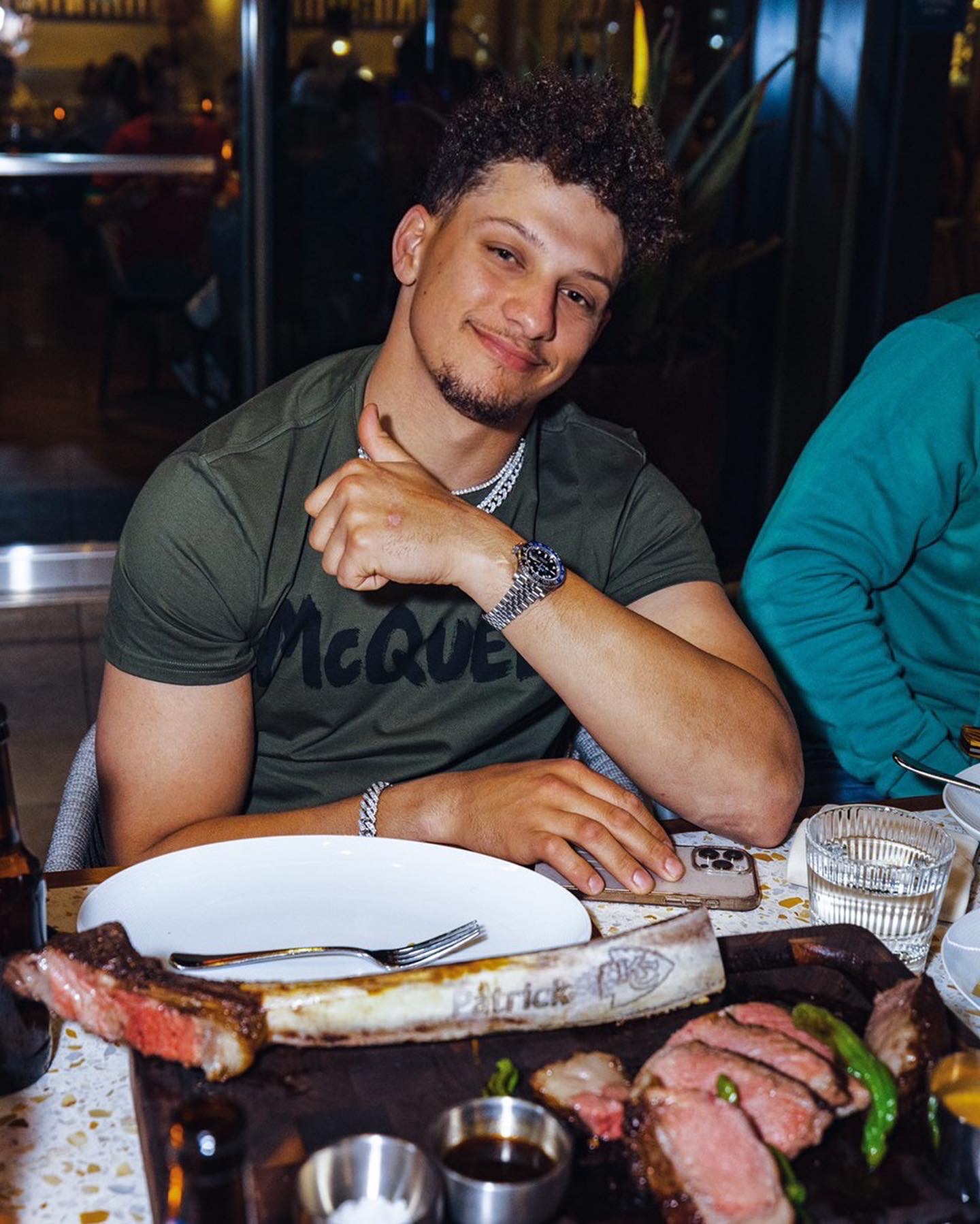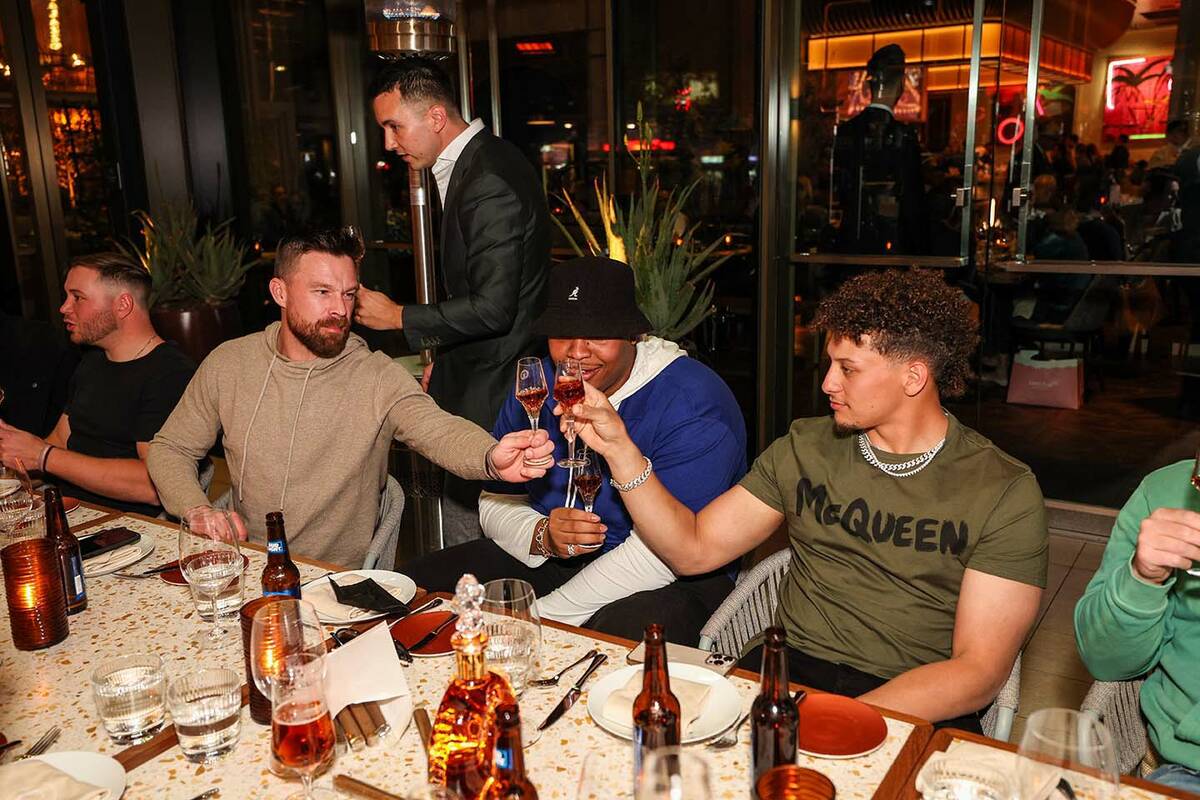
On a bustling Friday afternoon at the Food Hub restaurant, the usual midday crowd filled the space with laughter and chatter. Among the patrons was Kennedy Peters, a deaf man who had just entered the restaurant, eager to enjoy a meal. Despite the noise around him, Kennedy moved confidently, smiling at the waitress who greeted him. He gestured for a menu, pointing to his ears to indicate his deafness, and the waitress kindly obliged.
However, when Kennedy attempted to place his order, he encountered a rude waiter named Coleman. As Kennedy made gestures to communicate his order, Coleman’s impatience became evident. He sighed audibly, crossed his arms, and spoke loudly, assuming Kennedy could lip-read. “What do you want?” he asked, drawing the attention of other diners. Confused, Kennedy pointed to the items he wanted, but Coleman’s frustration only grew. “Just write it down or something,” he said, shoving a pen and paper toward Kennedy.

Kennedy maintained his composure, scribbling his order and handing it back. Coleman snatched the paper and walked away without another word, leaving Kennedy feeling embarrassed and disrespected. Unbeknownst to them, sitting a few tables away was Patrick Mahomes, the star quarterback of the Kansas City Chiefs, who had been quietly enjoying his meal. Mahomes noticed the interaction and felt compelled to intervene.
Rising from his booth, Mahomes approached Coleman, who paled at the sight of the football legend. “Can we talk for a second?” Mahomes asked. Coleman stammered, trying to defend his actions, but Mahomes was firm. “How is this how you treat a customer?” he questioned, pointing to Kennedy’s table. “Hard to communicate doesn’t mean you have the right to disrespect someone. You could have handled it better.”

Feeling the weight of Mahomes’ words, Coleman nodded, his face flushed with embarrassment. Mahomes instructed him to apologize to Kennedy and treat him with the respect he deserved. Coleman reluctantly agreed and walked back to Kennedy’s table, visibly remorseful. He offered an apology, and Kennedy, in turn, wrote on a piece of paper, “Be nicer next time. I have feelings too.” Coleman read the note and left with his head bowed in regret.
As Kennedy waited for his order, a young woman at a nearby table, who had witnessed the entire episode, leaned over and handed him a small notebook and pen for easier communication. Grateful, Kennedy scribbled a thank you note, and they exchanged a few written words before she returned to her meal.
Minutes later, Coleman returned with Kennedy’s order, carefully placing the plate and drink in front of him. He leaned in to ask if there was anything else Kennedy needed. Kennedy shook his head politely and smiled, appreciating the effort. As he enjoyed his meal, whispers of admiration for Mahomes’ intervention circulated among the patrons, many commending his actions.

After finishing his meal, Mahomes approached Kennedy’s table once more, handing him a card with his name and contact information. “If you ever need support, reach out to me. You’re not alone,” he said. Kennedy’s eyes widened in surprise and gratitude as he read the note. Although Mahomes wasn’t fluent in sign language, he had picked up a few basic gestures and signed back, “You’re welcome.”
As the restaurant quieted down, Kennedy decided to share his experience on social media. He wrote about both the good and bad parts of his visit, praising Mahomes’ help and the woman’s kindness. His post quickly gained traction, reaching a large audience and prompting discussions about the need for better training for restaurant staff to assist individuals with disabilities.
The manager of the Food Hub, Wesley, saw Kennedy’s post and took immediate action. He publicly apologized to Kennedy and promised to implement special awareness training for all employees. A few days later, Kennedy received an email inviting him to share suggestions on how the restaurant could improve its services for people with disabilities. Viewing this as an opportunity for positive change, Kennedy attended a meeting with the management team, emphasizing the importance of empathy and effective communication.
The meeting resulted in the launch of a new initiative at the Food Hub, which included staff training, visual menus, and communication aids such as notepads at each table. They also partnered with local organizations that support the deaf community to ensure their efforts were impactful and meaningful.
Kennedy began visiting the Food Hub more frequently, noticing the positive changes in the restaurant. The staff welcomed him warmly, and Coleman, in particular, made an effort to connect with him. He apologized as often as he could, and over time, they built mutual respect and friendship. Coleman even learned basic sign language, surprising Kennedy one day by signing, “How are you?” Kennedy smiled and signed back, “I’m good, thank you.”
As the Food Hub became a model for inclusivity, news of their commitment to accessibility reached local media. They covered the restaurant’s efforts in a





